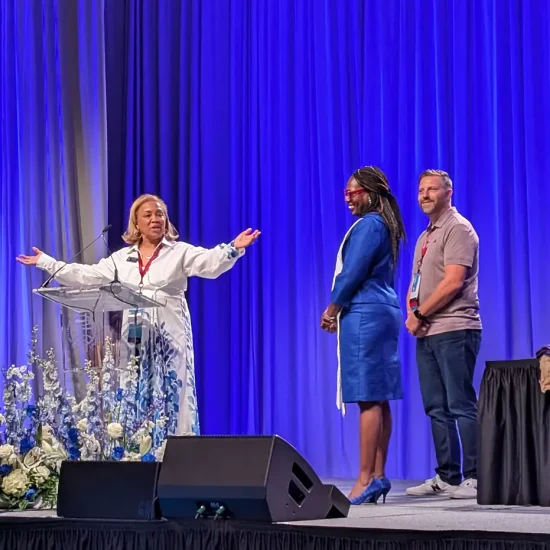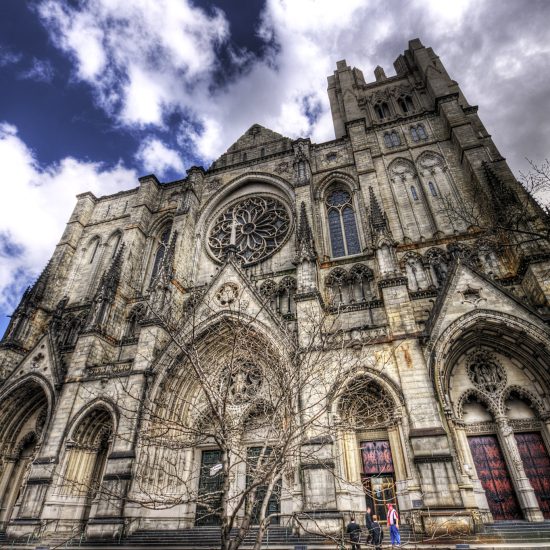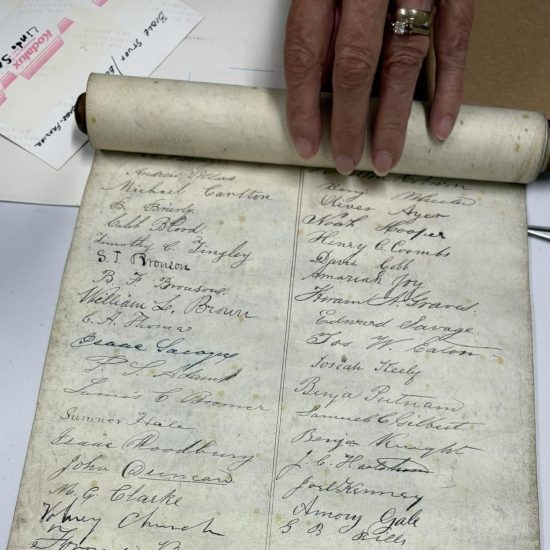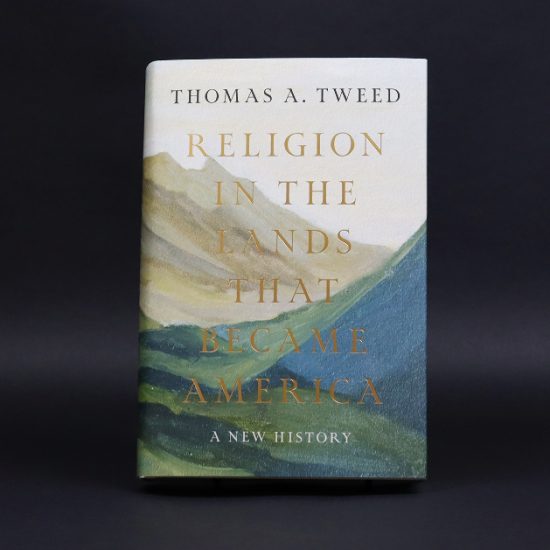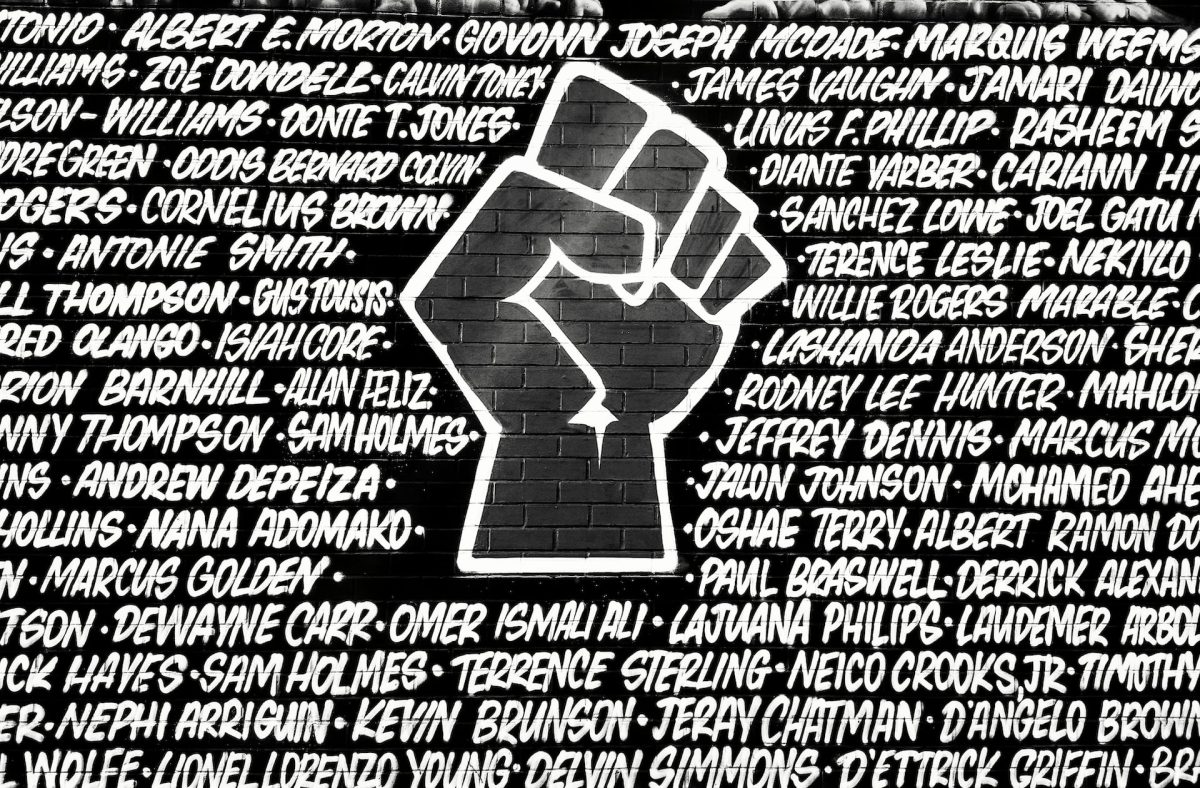
Galatians 6:9 reminds us, “Be not weary in well doing for in due season — you will reap if you faint not.” Those are noble words during nebulous times. January was a weeping month for the United States of America. We wept as a man lay haplessly on a football field during a nationally televised game. We wept during The Lunar New Year massacre in Monterey Park, California killing 10 people. Then we began to weep in quick succession.
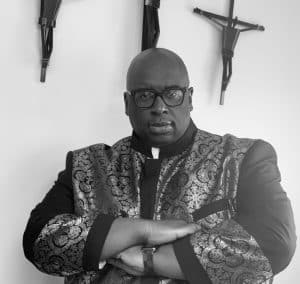
Darron LaMonte Edwards
Now that we are in February, it is obvious that much weeping can make us weary. As we reflect upon Black History month, I hear the refrain from the Negro National Anthem: “God of our weary years, God of our silent tears.”
I am so weary from the announcement that another unarmed Black man was killed. Yet, I cannot get tired of speaking up for victims like Tyre Nichols.
The first thing we all need to do is weep with those who weep (Romans 12:15). As a community leader, the way I have chosen to process these moments is to lament, learn, and sometimes unlearn. To lean on my faith, love without apology, and then lead on a path forward. I would encourage you to try this method.
Lament as you mentally question the spaces that refuse to allow for things to ever get better. Lament that the word “wait” and the phrase “one day soon” are phrases that bring cruel and unusual pain to the ears of Black America. There are definitely lessons to learn.
Memphis, Tennessee’s Police Department is one the largest minority-employed police forces in the country. It is often nicknamed “the minority majority.” I have had to learn that everybody who’s your skin folk ain’t your kinfolk. And everyone that has your skin might not be your kind. These words from my father that I thought were woven from his Great Depression birth and Civil Rights past, fit neatly into a post-quarantine technologically advanced world. I am learning and re-learning that the black officers who perpetrated this heinous evil are not my kind in Christ or in culture. I’ve had to unlearn that a black person in a blue uniform understands and can identify with the struggle for equity, belonging, and inclusion. I was deeply reminded that the problem with policing is a systemic cultural poison that must be drained and refilled with reform and repentance.
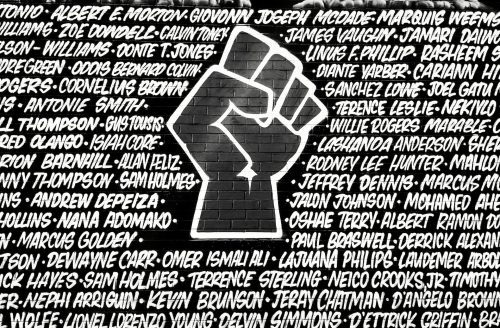
BP Miller / Unsplash
I have had to lean on my faith. I am grateful that public officials in Memphis have been quick to act. Yet, I am stirred to anger because another life has been lost in this way. Stirred to anger that it seems that a black female Chief of Police created this Scorpion Unit and is being applauded for dismantling what she created. I’m hoping this is dealt with in this “ongoing investigation.” Let me be clear that I believe that though the officers happened to be Black — it serves as confirmation that this is a systemic problem in our policing system requiring real reform. I lean on my faith because there will be unhelpful voices that call us to ignore this as a single case of bad apples. I lean on my faith because there will be those who call for radical and insensible proposals such as eliminating the police and defunding them, a proposal that ignores the very real benefit that officers and government bring when they are doing their duty correctly by promoting order and protecting citizens from evildoers. I lean on my faith because I long for a day when we have moved beyond events like this — when every individual feels respected and protected by every officer of the law.
I must continue to love without apology. The grief is so heavy. The only way for me to love is to pray. So I mustered the strength to type out a prayer that has been used to touch over 7,500 officers across the United States:
Almighty God,
We thank you for keeping watch over our sisters and brothers serving this city as law enforcement officers. As we are all shaken by the happenings in Memphis —
We thank you for your constant protection over this department as they go into service each day. Thank you for the overwatch they provide for our city. We pray for their mental health and well-being, their safety, and the safety of our community. Lord, we all desire to go home safe. We also pray for their families and loved ones who understand the stress and strain of this noble service.
In the name of Jesus. Amen.
Finally, I must lead on a path forward. We can all point out the problems. Black America needs white allies to help point toward real solutions. A real solution is the George Floyd Justice in Policing Act of 2021.
This bill addresses a wide range of policies and issues regarding policing practices and law enforcement accountability. It increases accountability for law enforcement misconduct, restricts the use of certain policing practices, enhances transparency and data collection, and establishes best practices and training requirements.
The bill enhances existing enforcement mechanisms to remedy violations by law enforcement. Among other things, it does the following:
lowers the criminal intent standard — from willful to knowing or reckless — to convict a law enforcement officer for misconduct in a federal prosecution,
limits qualified immunity as a defense to liability in a private civil action against a law enforcement officer, and
grants administrative subpoena power to the Department of Justice (DOJ) in pattern-or-practice investigations.
It establishes a framework to prevent and remedy racial profiling by law enforcement at the federal, state, and local levels. It also limits the unnecessary use of force and restricts the use of no-knock warrants, chokeholds, and carotid holds.
The bill creates a national registry — the National Police Misconduct Registry — to compile data on complaints and records of police misconduct. It also establishes new reporting requirements, including on the use of force, officer misconduct, and routine policing practices (e.g., stops and searches).
Finally, it directs the U.S. Department of Justice to create uniform accreditation standards for law enforcement agencies and requires law enforcement officers to complete training on racial profiling, implicit bias, and the duty to intervene when another officer uses excessive force.
If you truly refuse to get tired as we continue to talk about Tyre Nichols, contact your local, state, and national officials and speak a word of affirmation. In fact, simply send them this article.
Darron L. Edwards, Sr. is lead pastor of United Believers Community Church in Kansas City, Missouri.

